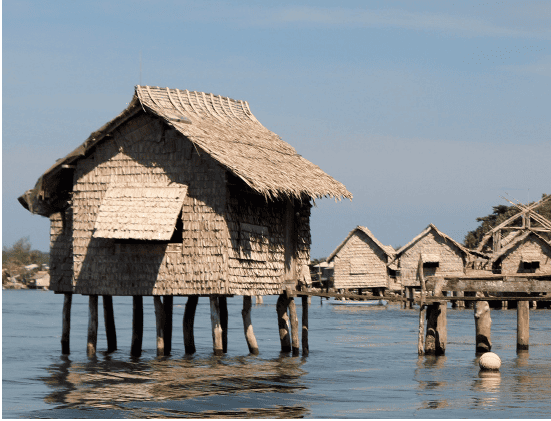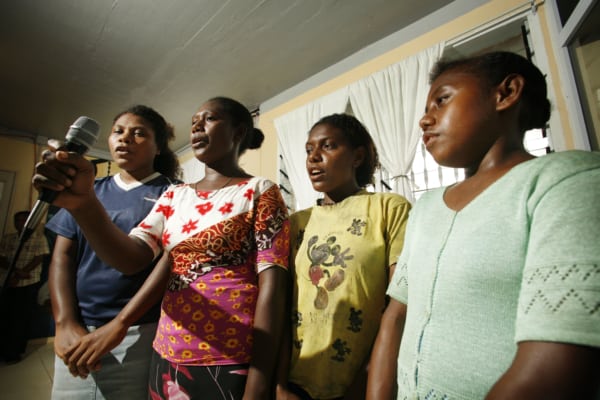Across Solomon Islands’ Malaita province, co-producing local public goods made a tangible difference to people’s lives. These public goods may (re-)generate physical or social infrastructure and tend to emerge from complex dynamics between kastom (culture), church and government. Successful cases of co-production of local public goods are anchored in shared ideas of progress and realised through collective effort, negotiation, and the development of translocal, relational ties.
In the socio-economic and political environment of rural Solomon Islands, harnessing or sometimes foregoing individual interests in the pursuit of collective ones – and then overcoming the physical remoteness to achieve agreed, shared goals – can be particularly challenging. This paper provides four examples from Lau/Mbaelelea and East Malaita to understand under what circumstances people from communities in rural settings such as these can come together to enable positive progress in service delivery.
Key findings:
- A fixed model of leadership, based on roles and status in institutions, does not neatly map onto the people who can really make change happen on the ground.
- Many leaders play multiple roles, straddling the three domains of church, state and kastom, and therefore dispute resolution is often hybrid.
- People in the villages believe in what they see; they need social proof that leaders’ intentions are true.
- When trusted, leaders can rally communities around a unifying vision, ameliorate the significant costs of individual contributions, and provide assurances against free-riding.
- Material resources are necessary but not sufficient to ensure the successful production of local public goods.
- Land tenure is not an insurmountable obstacle to development. From the examples, disputes were resolved intra and inter-tribally before discussions on funding.
- Translocal connections, in this case between leaders from different rural communities, are significant. Leaders based outside the community where co-production is taking place can play an important advisory role and access to funding.
Implications
These findings have implications for how leadership is understood in rural Solomon Islands. The idea that informal institutions matter in overcoming collective action obstacles is not new. The question for agencies seeking to promote development in these spaces is how to understand and engage with them, while avoiding distorting their potential.
- ‘Informal’ is an unhelpful starting point that characterises the operative rules in place as a diversion or a distortion rather than how things get done.
- Development agencies should build on and support local ideas and shared goals; let communities do the relational work to facilitate the necessary groundwork that has to happen for development to take place, before injecting funding.
- Community goals should be viewed holistically, where economic and social motivations are interdependent.













